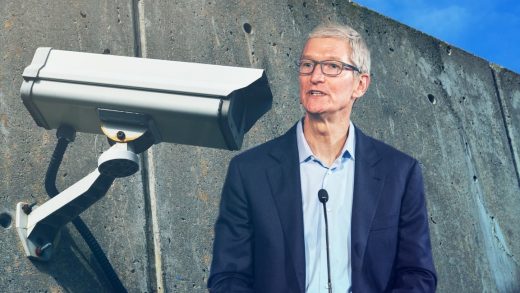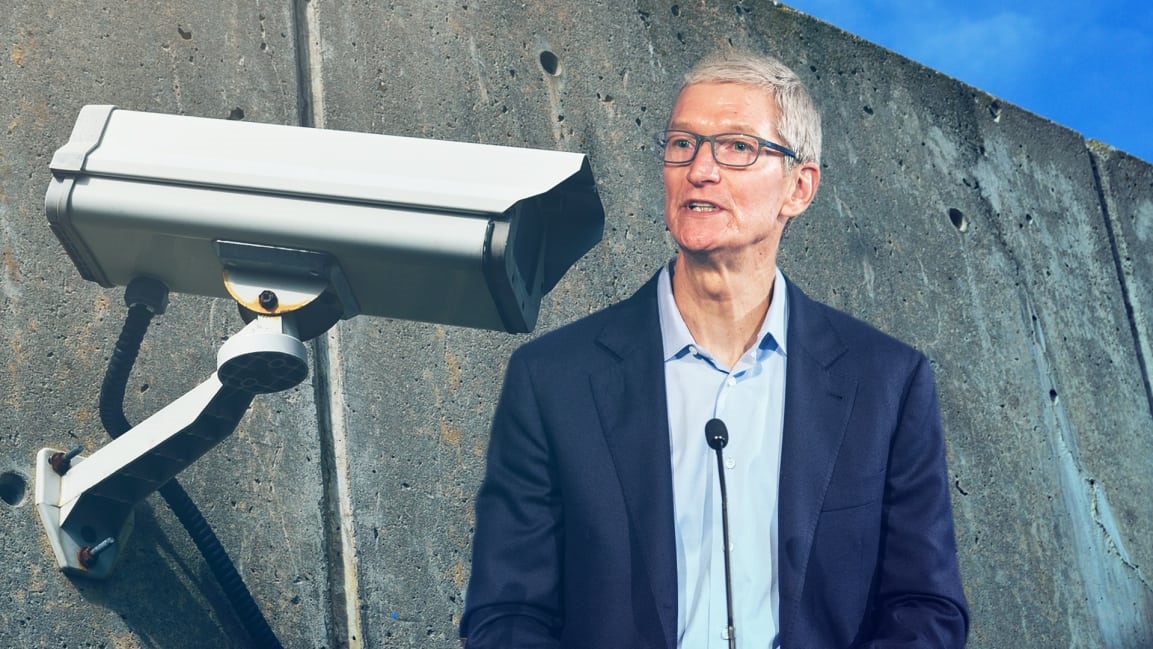Apple’s inconvenient truth: It’s part of the data surveillance economy
Apple has several strong incentives to champion personal data privacy. One of them is that, well, it can. Its core businesses–phones, laptops, services–don’t rely on the collection of users’ personal data to make money. And it’s in Apple’s interest to talk loudly about protecting privacy, because it wants its users to store increasing quantities of sensitive personal information such as mobile payment credentials and healthcare data on their iDevices.
And yet Apple CEO Tim Cook’s new opinion piece about privacy for Time is a reminder that Apple’s business isn’t completely removed from the personal data economy, or–as some have called it–surveillance capitalism. Here’s the key section from Cook’s article:
“We believe the Federal Trade Commission should establish a data-broker clearinghouse, requiring all data brokers to register, enabling consumers to track the transactions that have bundled and sold their data from place to place, and giving users the power to delete their data on demand, freely, easily and online, once and for all.”
Cook’s idea isn’t a bad one. And it would bring the vast spaghetti-works of data companies like Axciom out of the shadows and into the view of regulators and the public. But some aren’t sure Cook is the right guy to be spreading this message. He’s not a disinterested party suggesting a policy. Apple has a clear financial interest. Here’s Bloomberg Opinion columnist Shira Ovide:
Your periodic reminder that Apple gets billions of dollars a year from Google — to enable Google’s data harvesting/tracking/online advertising.
Tim Cook strangely doesn’t mention this here: https://t.co/if7xihno46
— Shira Ovide (@ShiraOvide) January 17, 2019
Any analysis of Apple’s stance on privacy must acknowledge two key facts that it will never bring up in an opinion piece or on a billboard:
Inconvenient truth #1: Facebook is one of the two biggest harvesters of personal data, and it’s also the most popular free app in the history of Apple’s App Store. Along with Google, Apple is one of its two main distributors.
Inconvenient truth #2: Google, the other major harvester of personal data alongside Facebook, pays Apple to retain its status as iOS’s default search engine. Goldman Sachs estimated that that fee amounted to $9 billion in 2018 and could go up to $12 billion in 2019.
Apple needs that hefty payment. iPhone sales are slowing down, and the Google fee could be the biggest chunk of the “services” revenue Apple is relying on to take up the slack.
Apple would likely says that its distribution of Facebook and Google products are justified because its customers want them. It surely wouldn’t be good for sales if there was no way to use Facebook or Google on an iPhone.
So should we draw a distinction between Apple’s own products and services, which faithfully respect privacy, and the products it merely distributes from other companies, which don’t? Maybe so.
“I think it’s fair to say that every product Apple ships strives to protect users’ privacy as much as possible,” says Moor Insights & Strategy principle analyst Patrick Moorhead. “The company isn’t perfect [and] has had a few mistakes. But [they] do a great job–I put them up there with Microsoft.”
From a consumer point of view, it’s hard to get too upset about Apple’s position on privacy, even if it’s a little complicated. The company has a strong voice in Washington, and during the Trump era, congressional Democrats may need all the help they can get to pass meaningful data privacy legislation before 2020.
But let’s not be naive. What Apple does and says publicly is always part of a careful script intended to bolster its various businesses. The self-serving interests of tech companies and more noble desires to protect consumers aren’t always mutually exclusive. In the case of Apple and privacy, they may line up nicely.
Fast Company , Read Full Story
(29)



